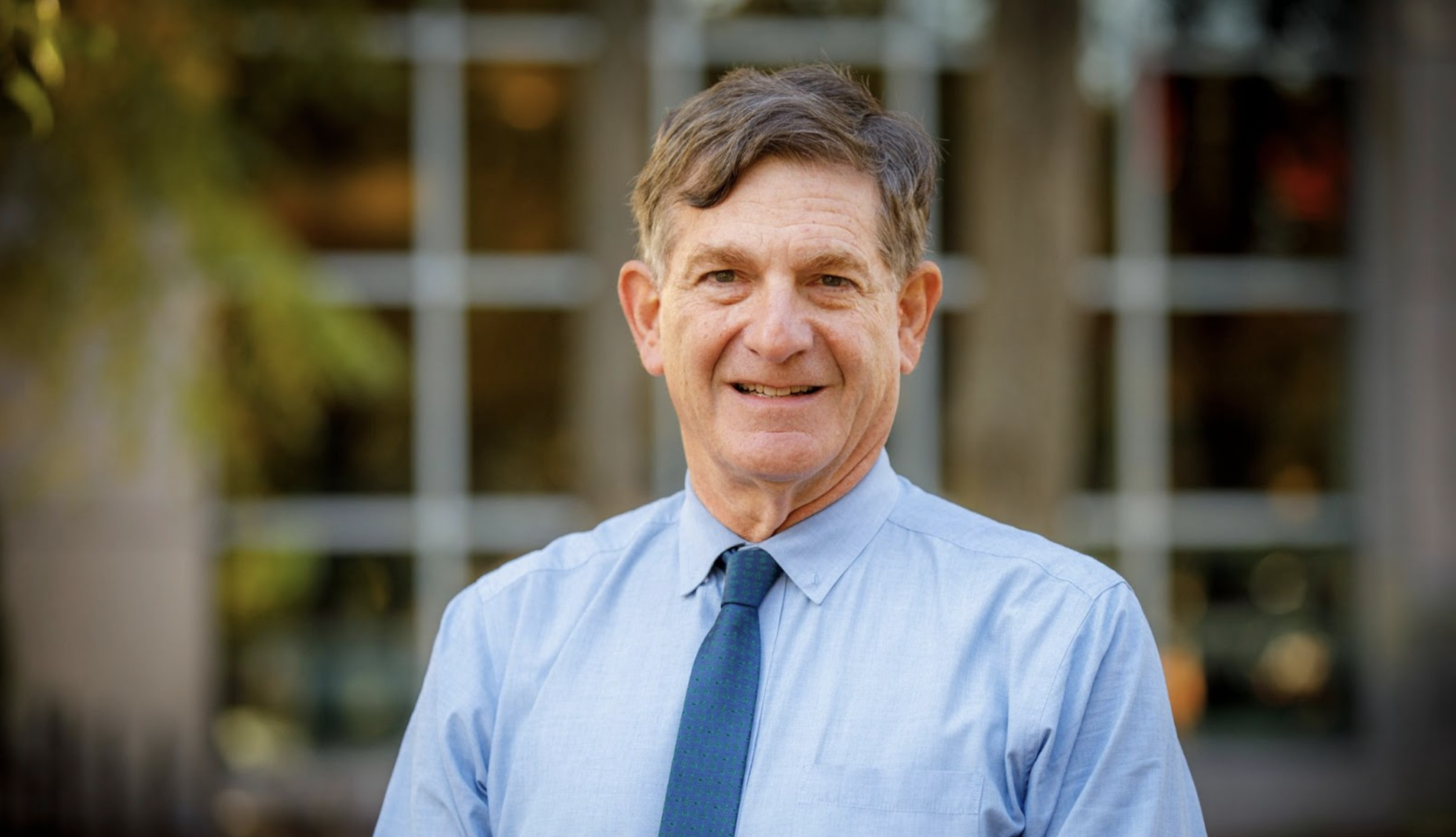
In the realm of healthcare, leadership can be as impactful as any treatment or discovery. For Dr. Scott Rivkees this notion rings true in every role he assumes. Whether as a physician, researcher, professor or politician, Rivkees has demonstrated an exceptional ability in effecting meaningful change wherever his path leads.
First and foremost, Scott Rivkees is a physician-scientist. After completing medical school at the New Jersey Medical School, he undertook residency and fellowship training in pediatrics and pediatric endocrinology, followed by a postdoctoral fellowship in neuroscience at Mass General Hospital in Boston. While there, he became enamored with pioneering research focused on neuroendocrinology and developmental biology — which was rooted in basic science research. With that interest firmly planted in his mind and broad practice with patients of all ages, he decided to focus his energy and efforts on work that incorporated basic science in making a difference in the lives of the youngest patients in pediatric endocrinology. He transitioned from being a trainee to a faculty member at Mass General Hospital, where he was for 13 years.
After a short stint on the medical faculty of Indiana University, he transitioned to Yale where he expanded his clinical focus to pediatric thyroid disease. Yale’s deep expertise in thyroid research and clinical care, proved to be fertile ground for establishing a pioneering center focused on understanding and treating some of the most difficult cases of thyroid disease in children. At the same time, he continued his basic-science neuroscience and developmental biology research, which was supported by the National Institutes of Health (NIH).
In the thyroid realm, Rivkees discovered that one of the most commonly used medicines for treating hyperthyroidism had a risk of significant liver toxicity that could lead to liver failure or death. His leadership and research led him to work with NIH and the Federal Drug Administration, to stop the use of this medication in children, saving lives.
His research — highlighted in over 300 academic papers — combined with his partnerships propelled him onto the national stage. After 16 years at Yale, he was recruited to the University of Florida where he served as Chair of Pediatrics and Physician-in-Chief for Shands Children's Hospital. While at the University of Florida, he grew the Department of Pediatrics into a top-ranked program. He oversaw more than 200 faculty members, hundreds of trainees, and had an annual budget of about $120 million. His work in pediatric programs that involved the Florida Department of Health caught the attention of the state’s political establishment. Once again, he was recruited away from his post, this time into government as State Surgeon General and Secretary of Health for Florida, the nation's third most populous state.
Rivkees desire to make as much of a difference as he could in every role, not only landed him a position where he could influence health on a grand scale, it left him with leadership insights that cut across academics, the private sector and government.
Step up and step out (of your comfort zone)
In addition to his passion for research and patient care, Rivkees developed a strong appreciation for leadership that transforms people and organizations. “While I was at Yale, I became very interested in training junior faculty members,” Rivkees notes. “As part of my responsibility, I was asked to help lead the Yale Child Health Research Center which required bringing faculty together to work across different fields and career stages. I saw the value of bringing people together to accomplish common goals — advancing discovery and health.” He points out that in his research and patient care roles, as well as in his administrative duties, the next generation of physician-scientists and care-givers are vital.
“In every place I worked, I made it my mission to not only focus on science and medicine, but take on the leadership responsibilities that could have an impact on the organization, community and the field.” Rivkees mentioned that people shouldn’t shy away from greater levels of responsibility, especially if that entails taking on leadership roles, something that many physicians are afraid to do. “It is important to not be afraid to change your professional direction and to build off each step in your career for the next.” These are words that Rivkees lives by. “Pediatrics is about the next generation — children and those who care for them. Pediatric physician-leaders need to recognize that they are responsible for both.”